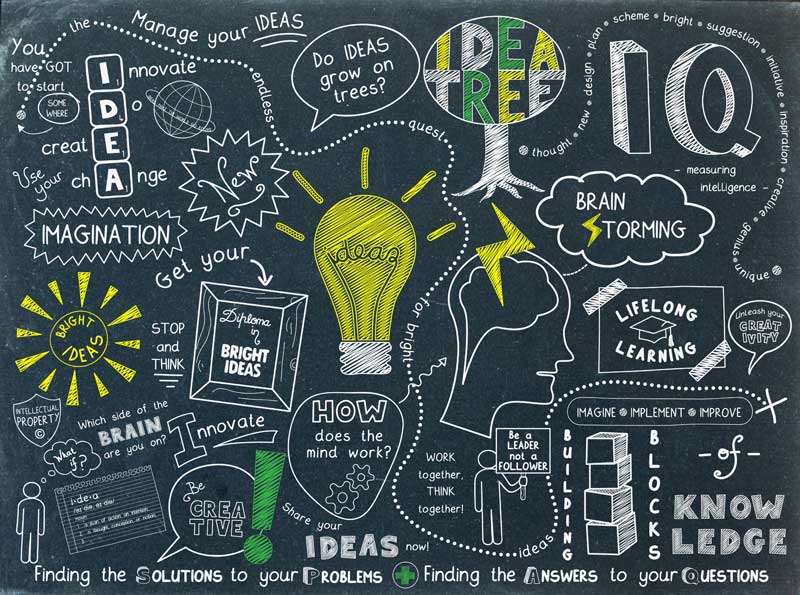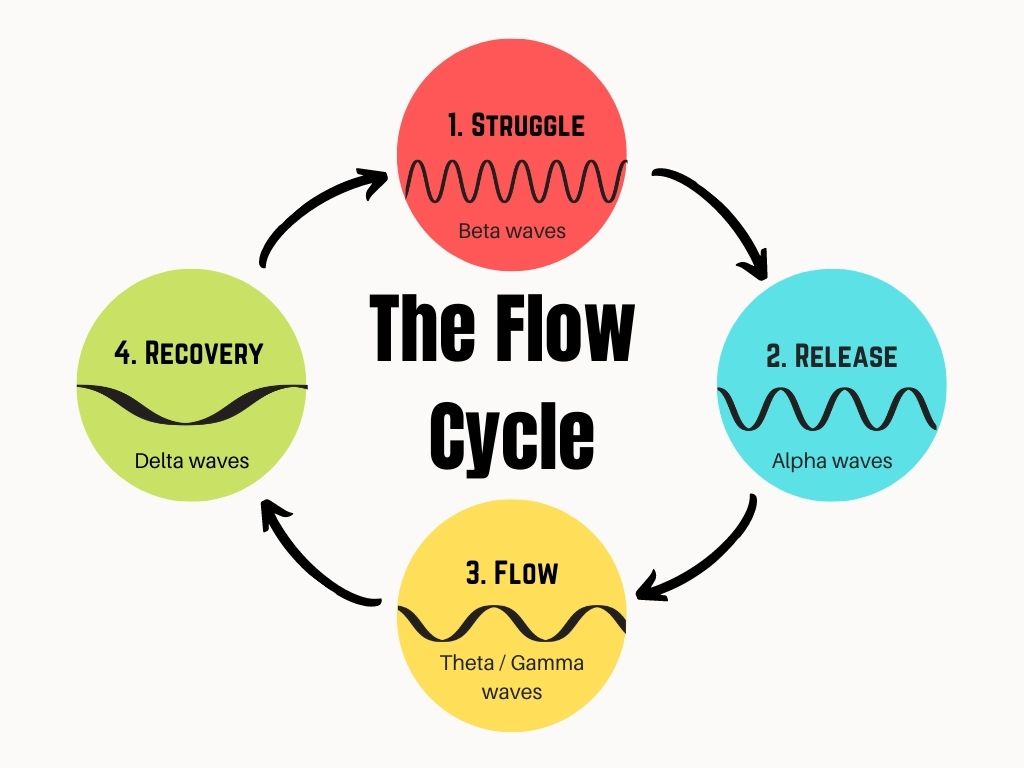In what Dan Pink calls the emerging Conceptual Age, we’re all going to be inhabiting a world that’s run by right-brainers.
The human race has seen some big changes over its time here on planet earth, from the agricultural age dominated by farmers; the industrial age driven by factory workers; and to the information age, which centers around the labor of knowledge workers.
Those eras required workers to follow instructions and be algorithmic. You could follow a structure, a pattern, a set of rules. There was always a schedule to keep when watering the crop, and a manual to follow for building a car on an assembly line.
The issue with the way we’ve done routine work in the past is today these step-by-step routines can more cheaply and efficiently be done by robotic machines and software-driven computers.
This means we need to think differently about our careers and identify the long-term job opportunities thatsit outside the grasp of such machines. That leaves us with all the jobs that only humans can do.
Work In The Conceptual Age
Consider how many of us have access to more information than we could ever hope to read, right at our fingertips. The future is not in how much you know, the old school method of learning facts and figures is behind us, the future is about how you use that information.
Learning HTML and CSS doesn’t mean you’ll create beautiful websites. Mastering Wordpress doesn’t make you a good writer. Music theory doesn’t make a great composer.
Dan Pink talks about how important having a sense of empathy will be, along with the ability to recognize beauty, and being able to find meaning from inherently neutral objects and ideas. These are things only we can do, as yet no machine or program has accurately managed to do these tasks.
Higher order thinking and creative problem-solving are the new in-demand skills in the 21st century, and they rely on our ability to find meaning, to see things that exist outside of raw facts and numbers, to see the beauty and identify meaning in patterns and creatively use our insights to solve problems that cross a variety of different fields.
Higher order thinking centers around using schemas and systems in new ways to synthesize new information. Given how important it now is, let’s take a look at the best way to improve it, which is by learning new systems, and finding creative way to apply this knowledge.
Here are four activities yo can do right now to start developing this skill of higher order thinking, that slip into two simple categories:
Learn…
-
- …By Doing. Interact with what you want to learn, try to look at it from different perspectives, learn to take criticism, and make mistakes. Experiences are the way to learn something thoroughly–Use your devices, use your hands, create things, be artistic, experiment, iterate.
- …By Expanding Your Horizons. Everything is connected somehow. Learn new things that are outside what you normally associate with. You might be a coder that does something radical because you are also an expert at how to cook exotic food. Being open to new experiences is essential, close-mindedness is a killer of creativity.
Create…
-
- …Solutions. Don’t wait for problems to find you, go and seek them out. Look at the world around you, what could you make better? What doesn’t exist that might make life easier? Design your own solutions.
- …Art. You don’t need to be problem-solving all the time. You can create stories, ideas, characters, and art. Push the boundaries of what you can do with every chance you get, think outside the box and surprise yourself.
You might be surprised at how effective playing is to creativity. Having fun and trying new things without fear is exhilarating. Children know this, but we forget it. Sometimes when everything is taken too seriously, we forget to enjoy ourselves, and in doing so we can become narrow-sighted, looking for the quick and easy solution to things.
Bring back that carefree curiosity you had as a child, play and interact with new things, and open your arms to any new experiences. This will prepare you thrive in the emerging conceptual age and make you more recession-proof in your career.
- 5 Powerful Mental Models To Help You Navigate a Complex World - January 3, 2022
- Rapid Skill Acquisition: Autodidactism And Meta-Learning As A Skill - May 28, 2021
- The 7 Best Online Learning Platforms For Career Development - May 27, 2021





 This website uses cookies to improve your web experience.
This website uses cookies to improve your web experience.